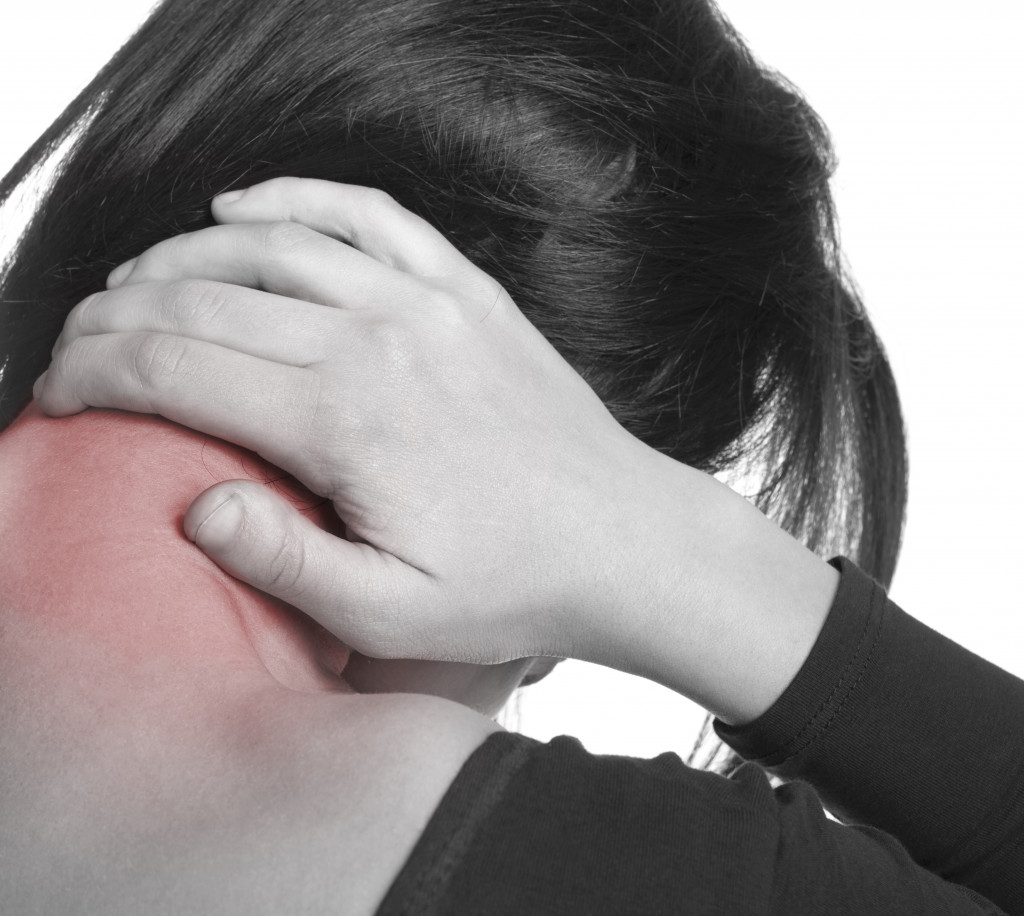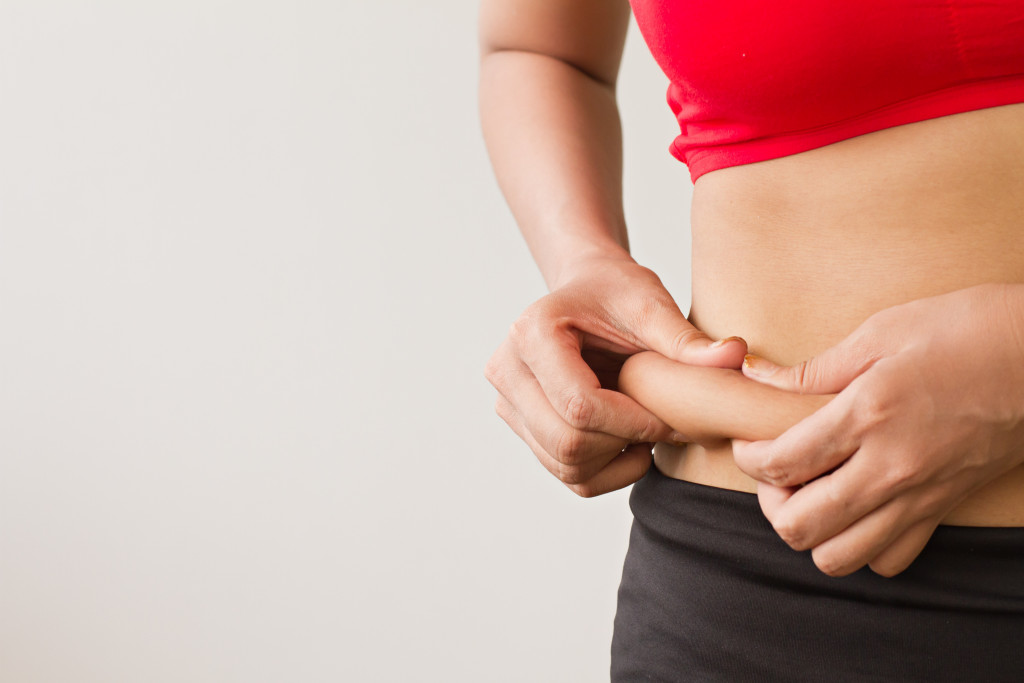• Negative body image can lead to poor self-esteem, mental health issues, and eating disorders.
• People with negative body image may also turn to substance abuse to cope with their feelings of inadequacy.
• Poor body image can also lead to physical health problems like fatigue and nutrient deficiencies.
• There are treatments available that can address these issues and help individuals regain their sense of worthiness and well-being.
Negative body image is a complex problem that can have a lasting impact on women’s physical and mental health. It’s essential to understand how negative body image affects women and why it should be addressed. Here are the consequences of having a negative body image in women that you need to know.
Poor Self-Esteem and Mental Health Issues
Low self-esteem can affect all areas of life, from relationships with others to career success. Having negative thoughts about your body can lead to feelings of depression, anxiety, shame, guilt, and even suicidal thoughts. This can cause emotional issues like low self-confidence, which leads to further problems related to mental health.
Eating Disorders
Eating disorders are often caused by negative body image issues. People with these disorders typically view themselves as being overweight or too small, regardless of their actual size or weight. This distorted view of their bodies can lead them to starve themselves or indulge in dangerous cycles of binging and purging in order to achieve the “ideal” look they believe they will never attain naturally.
There are many types of eating disorders, and each one requires specific treatment. Here are a few of the most common ones:
Binge Eating Disorder (BED)
This disorder involves eating large amounts of food in a short time, often without experiencing any feelings of pleasure or satisfaction. If you or a loved one has this disorder, consider seeking binge eating disorder outpatient treatment. This treatment provides a safe space for sufferers to learn how to better manage their eating habits. It can also help them deal with the underlying issues causing their binging episodes.
Anorexia Nervosa
This is a severe eating disorder in which the person restricts their food intake. People with anorexia often have a distorted view of their bodies and perceive themselves as overweight, even dangerously underweight. If you or someone you know is struggling with this disorder, it’s essential to seek professional help. Anorexia treatment can involve intensive therapy sessions, nutritional counseling, and medical supervision to restore the person’s health and mental well-being.
Bulimia Nervosa

People with this disorder frequently indulge in binging and purging episodes to control their weight. This can be extremely dangerous, putting the person at risk of severe physical and emotional health problems. Treatment for bulimia often includes cognitive-behavioral therapy, medication, and counseling to help the person cope with their eating disorder.
Orthorexia Nervosa
This disorder is directly related to unhealthy obsessions with healthy eating. People with this disorder become overly restrictive about the types and quality of foods they consume. This can lead to dietary deficiencies, as well as long-term health risks. Treatment for this disorder includes cognitive-behavioral therapy, nutritional counseling, and lifestyle modifications.
By being aware of the common eating disorders that affect women, it’s possible to begin taking steps toward improving one’s self-image.
Substance Abuse
Many people who struggle with poor body image also turn to drugs or alcohol as a way to cope with their feelings of inadequacy or insecurity about their bodies. Unfortunately, this type of substance abuse only serves as a short-term fix for deeper psychological issues that must be addressed in order for true recovery and healing to occur.
Physical Health Problems

People who suffer from poor body image usually engage in unhealthy behaviors such as extreme dieting and overexercising, which can lead to physical health problems like fatigue, muscle weakness, loss of bone density, dehydration, and nutrient deficiencies over time if left unchecked by medical professionals like doctors or nutritionists/dietitians who specialize in eating disorder treatment programs for women with poor body images.
Negative body image can have a lasting and damaging impact on women, both mentally and physically. From low self-esteem to eating disorders to substance abuse, it’s important for you to be aware of the consequences of poor body image in order to help those who may be struggling with this issue.
Fortunately, treatments available can address these issues and help individuals regain their sense of worthiness and well-being. If you or someone you know suffers from a negative body image or an eating disorder, please seek professional help as soon as possible. By understanding how you view yourself, you can create healthier relationships with your body – ultimately leading you down the path toward improved physical health and mental well-being!

